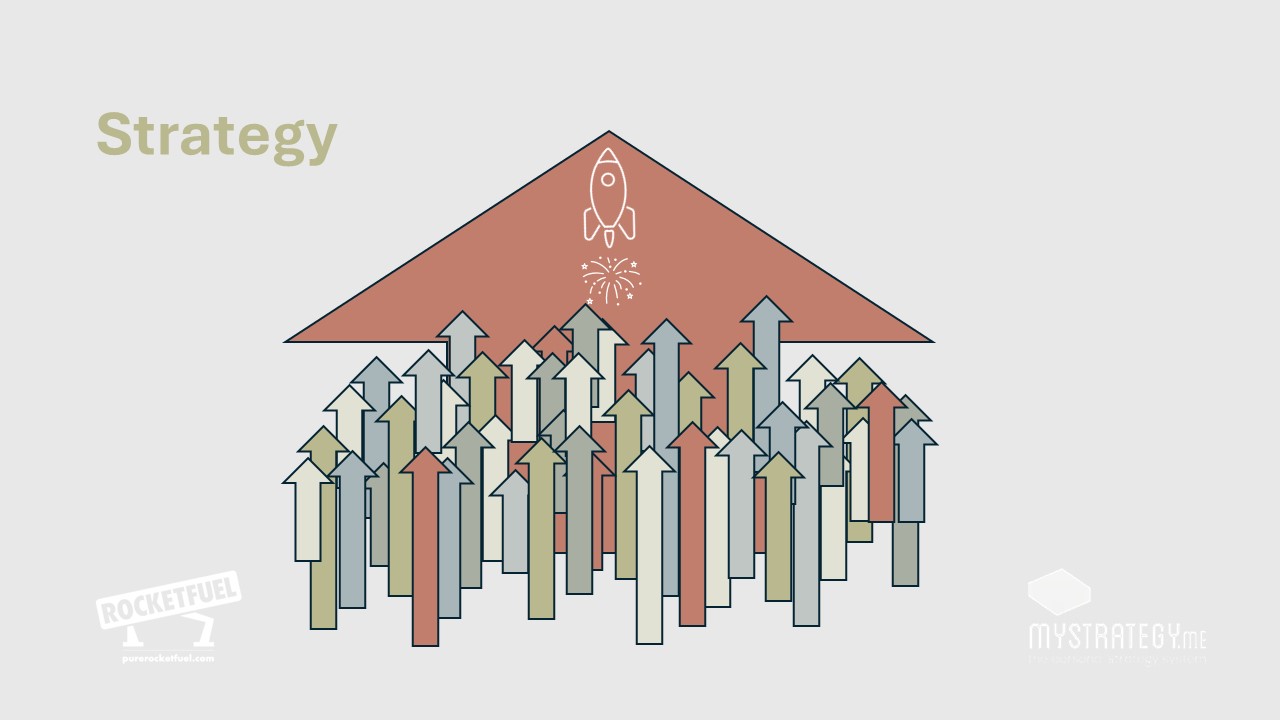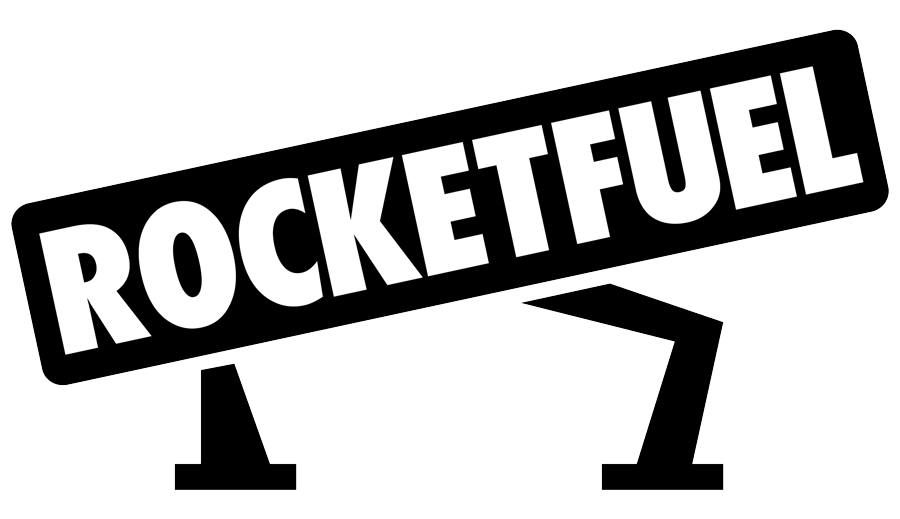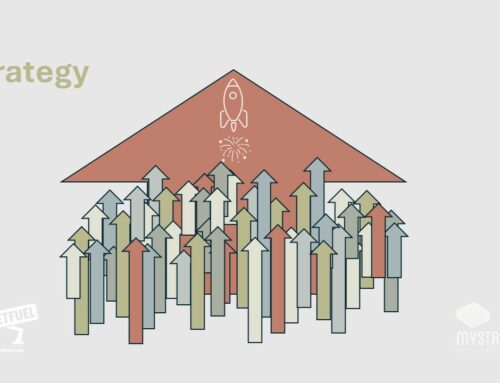
Are you aligned with your own internal guidance system, your Values, asks Leadership & Performance Coach, Davina Greene.
Values are important building blocks of a life or business; guiding principles, standards of behavior, or rules of engagement, you could say. They serve as indicators, expressing the very essence of who you are; they serve as signposts and filters, helping with decision-making at home or in the workplace.
How Are Values Expressed?
Values are expressed to other people through what you do, not what you say. A job title may suggest to me what your Values will be, but until I see how you operate in the real world, that’s nothing better than guesswork. If you tell me you’re a lawyer and wait for my reaction, well, you’ll be waiting! Tell me more: are you at the doing-good-work-in-poor-neighborhoods end of the scale, or at the getting-major-criminals-released-back-into-society-for-large-amounts-of-money end of the scale? There’s potentially a vast range of Values at play there, right? But tell me more about what you focus on, what difference you’ve made and for whom, and then I’ll start seeing your Values and deciding how I feel about you.
How do you get to know your own Values as an individual? Simple: just get your hands on a list of examples and edit it until you find your Top 5-10. Have a bit of a debate with yourself! Test if your actions match what you’re selecting, or if you’re just selecting the things that you think you should hold dear.
What About Organizational Values?
How do you get to know your Values as an organization? Allow subgroups of employees to come up with their own suggestions. What kind of people do they think you should be hiring? What kind of people do they think work well in your organization? How would they like to be treated, what rules of engagement would they like to see enforced? Take, say, a Top 5 from each subgroup and do some work to further debate the entire business down to 3-7 core ones.
It’s easy to fall into the trap of thinking that everyone has very similar Values and that, as a boss, you can just pick your favorite five and enforce them. However, people can hear the same word very differently, and so a bit of debate and discussion is healthy. I once thought Teamwork was going to sail its way to the top of an organization’s list, until a small group of people debated that, if viewed in a particular way, Teamwork was actually a problem (Finance functioned as its own little army; Marketing as another; I.T. as yet another…) with departments virtually refusing to intermingle. Teamwork was therefore deemed too narrow, and Collaboration became the agreed solution.
It’s also easy to be dismissive of their use in business (“They’re adults! Surely they know this stuff already?!”) But if you haven’t set any for your organization, then you’re missing a trick in terms of hiring the right people. If you haven’t stated in your job ads, for example, that Quality, Ownership and Efficiency are important to your business, you’ve just made your disciplinary conversation with that slow, mistake-making, finger-pointing employee much more difficult than it needs to be. Likewise, if you’ve just put ‘Quality’, ‘Ownership’ and ‘Efficiency’ as words on posters, you haven’t really helped yourself, either: Company Values need to be lived, monitored and periodically reported upon, just like anything else that is important to a business.
In fact, they’re a stated part of company strategy.
The Internal Impact of Values
Values, thoughts and actions need to align, for you to feel good. If you do something that clashes with yours, it will – and should – make you feel a little uncomfortable. Nowadays, for example, money can be a major incentive for parting way with one’s own values, with Survival being important to all of us, and Wealth being important to some. Yet, even with a good-looking bank account, that niggling feeling of discomfort or hypocrisy remains. So why not go back to square one, take a deeper look inside, and be clear about what matters to you?
Key Points Around Values
- Values are guiding principles for individuals or groups.
- They will dictate your gut reaction to whatever happens in your world.
- What issues or behaviors really get under your skin? This can hint at your Values.
- Consider your Top 5 and to what extent you are actually demonstrating each of them.
- Consider if there is any ongoing situation that compromises your Values.
- They are meaningless if they are not lived by an individual, or managed by a business.
Interested in investing in your own personal – and personal strategy – development? Check out www.MyStrategy.me!
Share This!
About the Author



